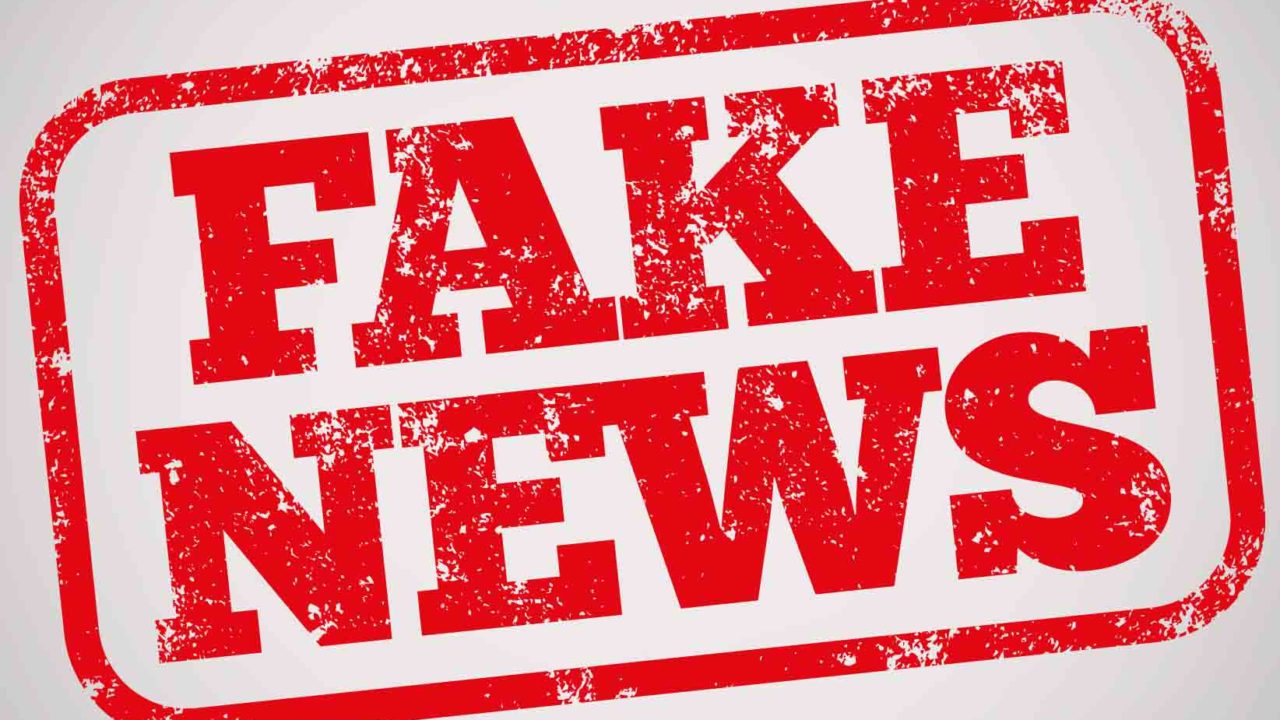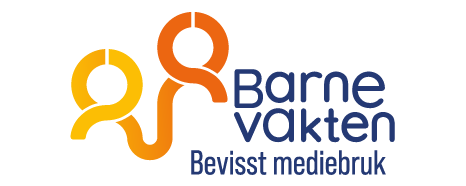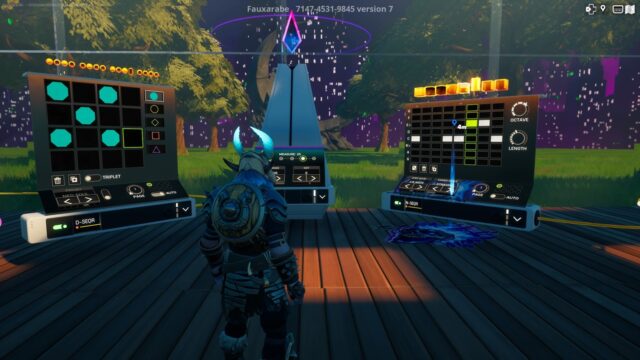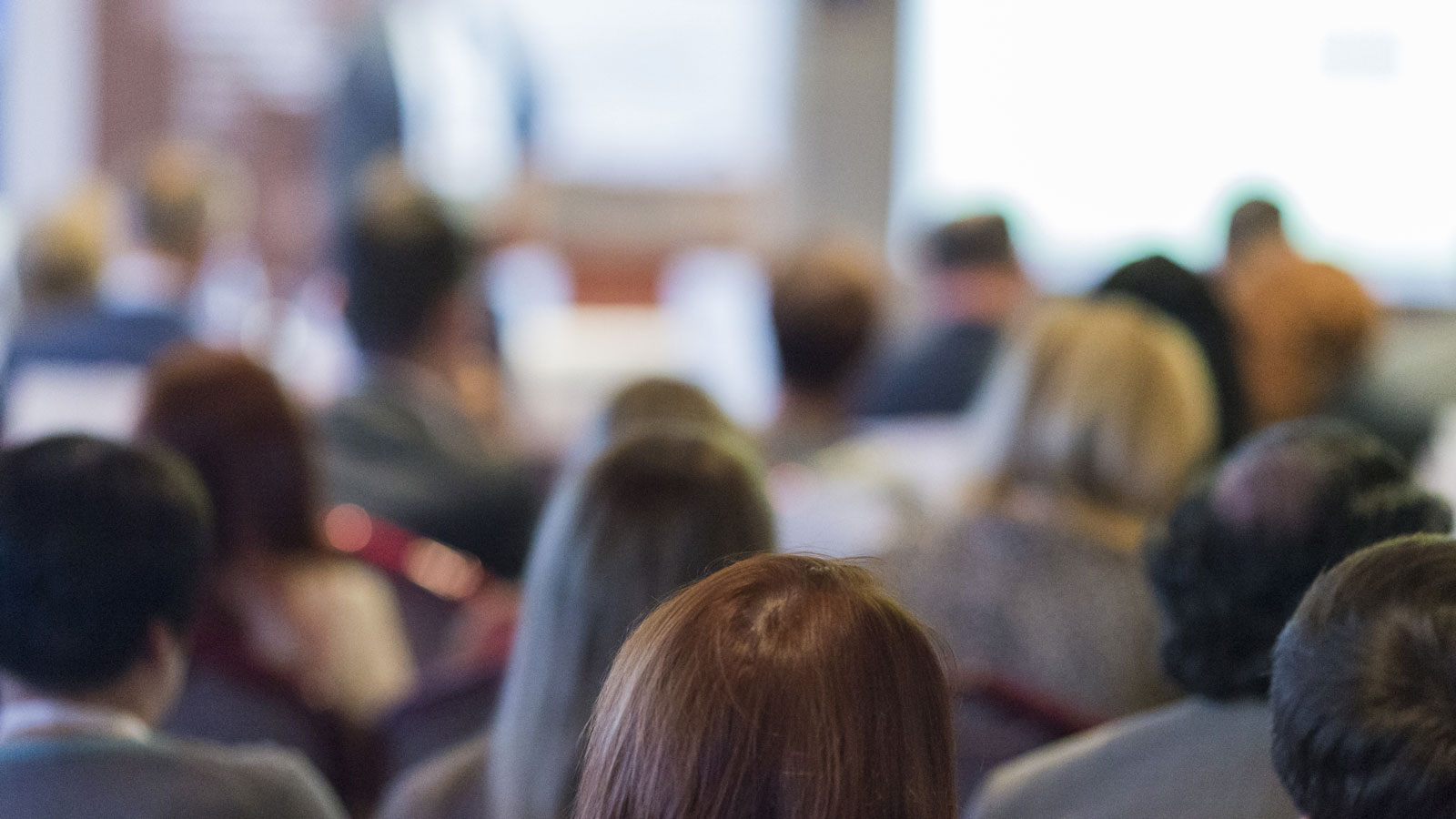
A list of fact-checkers from around the world
Do you live in Norway but are originally from another country? Do your children read news from your home country? We here have a list of fact-checkers from different countries in the world.
Choose language in the Google-box below. Some translations may be flawed or inaccurate.
Internet, as you know, is utilized to spreads fake news, misinformation, and conspiracy theories. Find your first home country in the list below and familiarize yourself with the fact-checkers there, so you can help your child detect fake news. Feel free to also read our articles in your native language.
Fact-checkers in Africa
- Senegal, Nigeria, Kenya, South Africa: Africa Check
- Nigeria, Ghana, Sierra Leone, Liberia, and The Gambia: Dubawa
- Ghana: Fact-Check Ghana
- West Africa: FactSpace West Africa
- The Middle East and North Africa: Fatabyyano
- Burkina Faso, Burundi, Cameroon, Central African Republic, Côte d’Ivoire, Ethiopia, Ghana, Guinea, Kenya, Mali, Niger, Nigeria Senegal, South Africa, Sudan, Tanzania, Uganda, and Zimbabwe: Code for Africa – PesaCheck
Fact-checkers in the Middle East
- Middle East and North Africa: Fatabyyano
- Israel: The Whistle
Fact-checkers in Central America
- Mexico: Animal Político – El Sabueso
Fact-checkers in South America
- Argentina: Chequeado
- Bolivia: Bolivia Verifica
- Brazil: Aos Fatos
- Brazil: Lupa
- Chile: Fast Check CL
- Colombia: Colombiacheck
- Colombia: La Silla Vacía
- Ecuador: Ecuador Chequea
- Venezuela: info
Fact-checkers in Asia
Example: Can you avoid corona infection by sniffing ginger powder? No, it’s fake news,» said the fact-checker Vishvas News in India.
- Bangladesh: FactWatch
- Bangladesh: Rumor Scanner
- India, Myanmar, and Bangladesh: BOOM
- India: Fact Crescendo
- India: Factly
- India: India Today Group
- India: Vishvas News (11 languages, also English)
- India: NewsMobile
- India: The Healthy Indian Project/THIP Media
- India: The Logical Indian
- India: The Quint
- India and South Asia: Newschecker
- Indonesia: Tempo
- Mongolia: Mongolian Fact-checking Center
- Philippines: Rappler
- Philippines: VERA Files
- Taiwan: Taiwan FactCheck Center
- Taiwan: MyGoPen
Fact-checkers in North America
- United States: Check Your Fact
- United States: FactCheck.org
- United States: Lead Stories
- United States: MediaWise
- United States: PolitiFact
- United States: The Washington Post Fact Checker
- United States: Univision – elDetector
Fact-checkers in Europe
- Albania: Faktjoe
- Belgium: Knack Magazine
- Bosnia: Istinomjer
- Bosnia: Raskrinkavanje
- Croatia: Faktograf.hr
- France: Les Surligneurs
- France: Science Feedback
- Georgia: GRASS
- Georgia: Myth Detector
- Germany: CORRECTIV
- Greece: Ellinika Hoaxes
- Ireland: The Journal FactCheck
- Italy: Facta
- Italy: Open Fact-checking
- Italy: Pagella Politica
- Kosovo: Hibrid.info
- Latvia: Re:Check/Re:Baltica
- Lithuania: Delfi Lithuania
- Lithuania: 15min
- North Macedonia: Vistinomer
- Norway: Faktisk.no
- Poland: Demagog Association
- Poland: Fakenews.pl
- Poland: Pravda
- Portugal: Observador – Fact Check
- Portugal: Poligrafo
- Romania: Factual.ro
- Serbia: Istinomer
- Slovenia: OŠTRO
- Spain: Maldita.es
- Spain: Verificat
- Spain: Newtral
- Turkey: Doğruluk Payı
- Turkey: Teyit
- Ukraine: StopFake
- Ukraine: VoxCheck
- United Kingdom: FactCheckNI
- United Kingdom: Full Fact
- United Kingdom: Logically
Fact-checkers in Australia
- Australia: RMIT ABC Fact Check
IFCN – a global network of fact-checkers
Fact-checkers from all over the world are together in a network called The International Fact-Checking Network (IFCN). This network was established in 2015 and is organized by Poynter, which, among other things, conducts training for journalists. The network also puts pressure on major channels, such as Youtube, for the channels themselves to do more to curb fake news and misinformation.
IFCN works according to certain principles, among other things, they must be transparent about their findings and must present their evidence when they have fact-checked something. They also need to show who pays for their work. They also have a duty to correct mistakes if they themselves make mistakes. Read about their principles here. These principles allow you to fact-check the fact-checkers.
Also read:
(Written on 17 January 2022 and translated by Ratan)
(Main image at the top: Photo: Shutterstock / Deepstock.)





